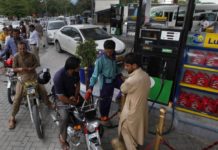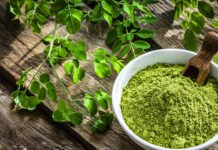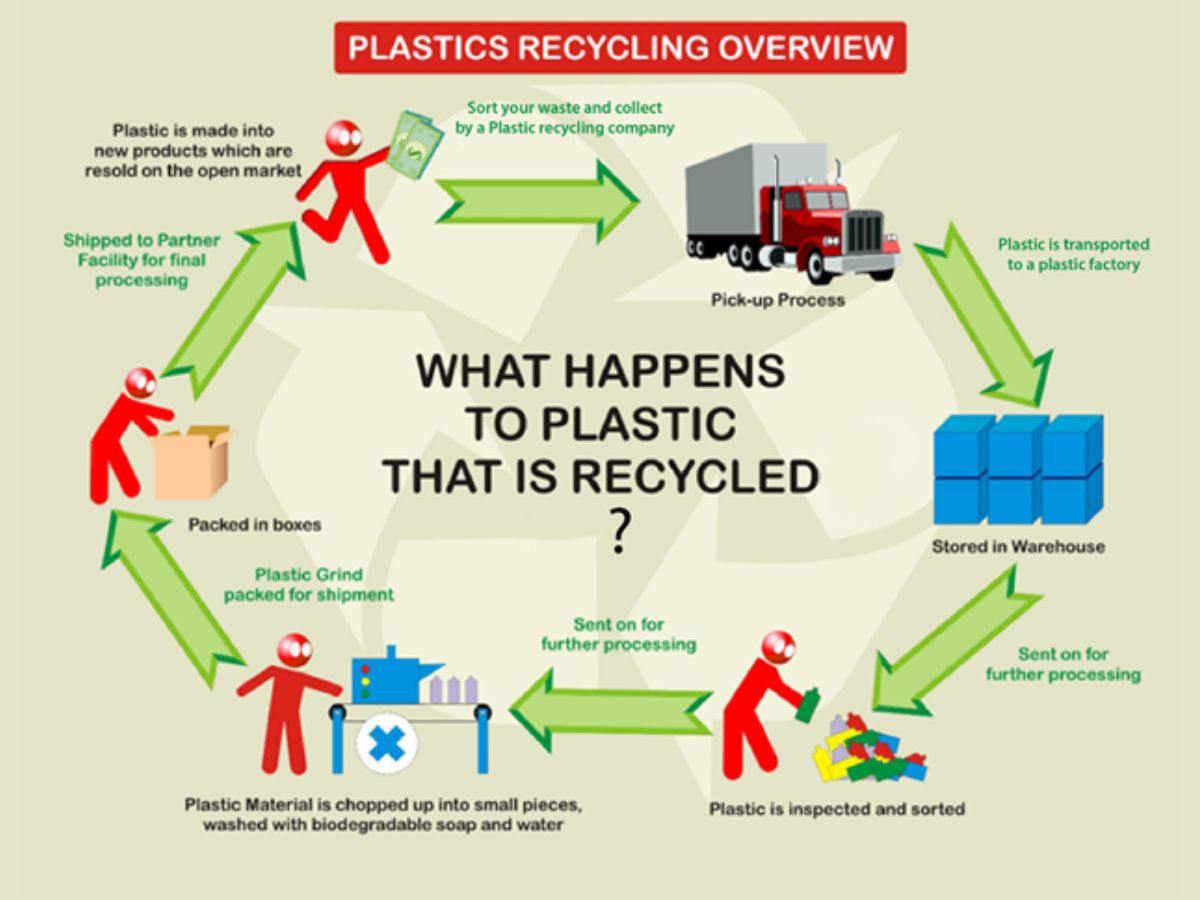In the current business ecosystem, where the digital marketplace is as crucial as the physical storefront, your online strategy can make or break your success. This is where evibeIT comes into the spotlight as a beacon of digital marketing brilliance. For any business looking to scale up, increase their online visibility, and engage effectively with their audience, a click to evibeIT could be the game-changer.
Understanding that each business has its own DNA, evibeIT crafts personalized digital marketing strategies that fit like a glove. Their suite of services is comprehensive, encompassing everything from keyword-rich SEO content that vaults you up the search engine rankings to social media campaigns that speak directly to your target demographic. The team at evibeIT isn’t just about creating strategies; they’re about creating digital experiences that resonate with your brand and echo across the web.
The cornerstone of evibeIT’s philosophy is their commitment to not just follow but to lead in the dynamic digital marketing industry. They are constantly innovating, ensuring that your business stays ahead of the curve and ahead of the competition. Their strategies are not set in stone; they are dynamic, evolving with the ever-changing digital trends to maximize your online potential.
The focus of evibeIT is not only to drive traffic to your site but to convert that traffic into conversions and sales. With their expertise, they can turn your website into a powerful conversion engine. A thorough analysis by evibeIT can reveal the potential avenues for optimization and lead generation that your business could be missing out on.
In essence, evibeIT isn’t just another digital marketing firm; they are your strategic partners in the digital domain. They provide not just solutions, but a roadmap for your continual growth online. For businesses ready to thrive in the digital realm, evibeIT is the key to unlocking true digital potential.































